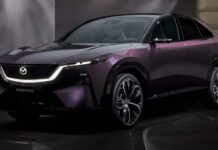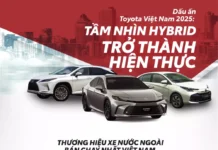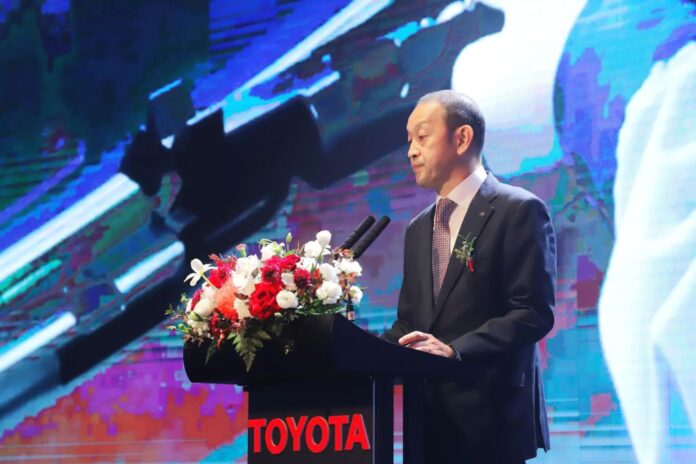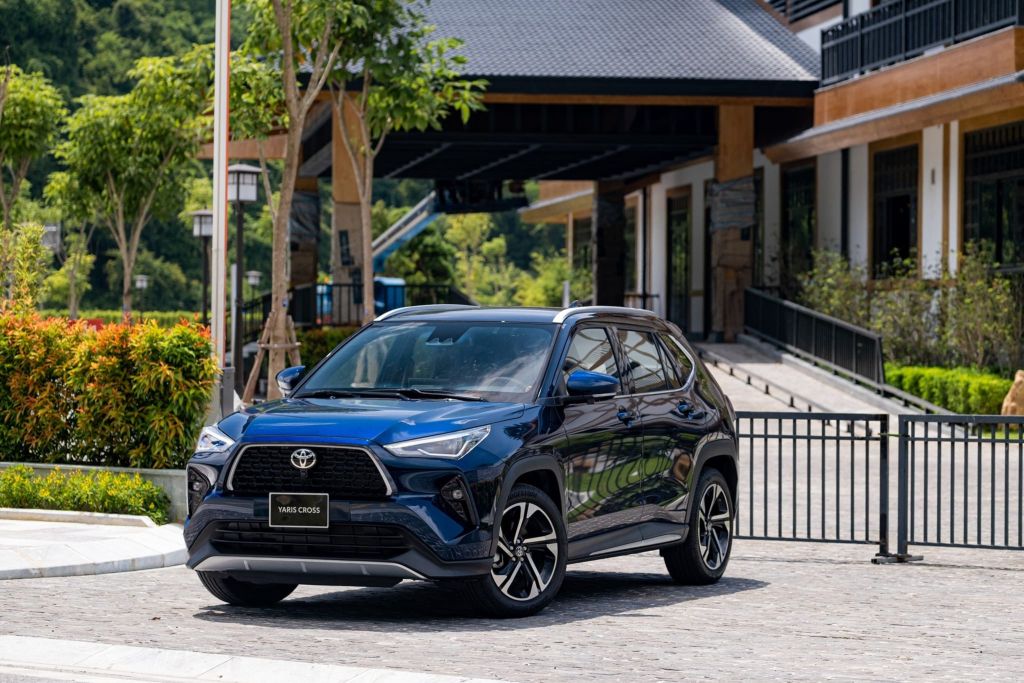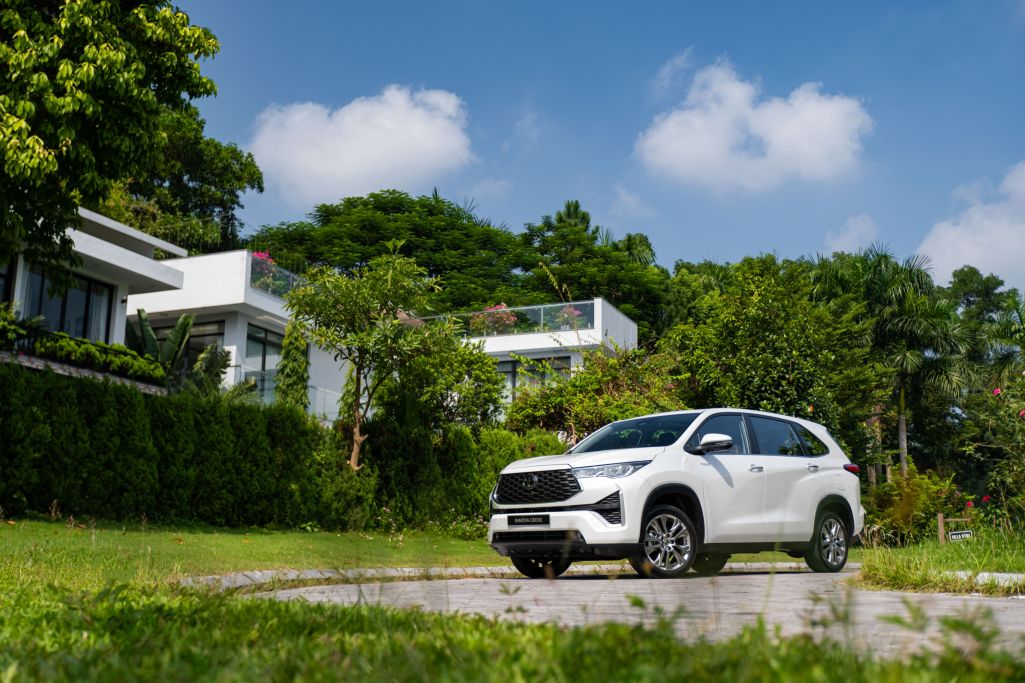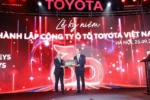As Vietnam’s automotive market enters a fiercely competitive phase and shifts toward eco-friendly vehicles, Toyota Motor Vietnam (TMV) celebrated its 30th anniversary with bold commitments. These include increased investment, modernized production, and a strong push for hybrid vehicles in the domestic market.
Since February 2025, Toyota Vietnam’s leadership has engaged with authorities in Vĩnh Phúc Province (now Phú Thọ Province). They have also petitioned the government, National Assembly, and relevant ministries to revise tax and fee regulations for automobiles. The company proposes that reducing these taxes and fees will make vehicle prices more accessible, encouraging consumers to adopt hybrid vehicles. This shift is seen as crucial for reducing emissions and fuel consumption.
TMV’s CEO, Mr. Nakano Keita, emphasized that policy support will empower consumers to transition to environmentally friendly vehicles. It will also foster growth in the domestic supply chain and supporting industries.
During the 30th-anniversary celebration, Toyota Vietnam unveiled a comprehensive modernization plan. This includes upgrading headquarters, manufacturing facilities, and technology lines. A key highlight is the launch of Vietnam’s first hybrid vehicle production line, with an investment exceeding $360 million. This strategic move underscores Toyota’s long-term commitment to local production, rather than relying solely on imports. It also aligns with the government’s increasingly stringent emission standards.
Over three decades, Toyota Vietnam has produced over 700,000 vehicles and delivered more than 1 million to customers. The company has exported nearly $1 billion in parts and components, contributing over $14.4 billion to the national budget. Consistently, it ranks among Vietnam’s top 10 taxpayers.
Among its models, the Toyota Vios leads as the best-seller, with 263,092 units sold over 30 years. This is followed by the Innova (151,927 units), Fortuner (125,605 units), Corolla Altis (85,765 units), and Camry (76,062 units). These vehicles have solidified Toyota’s position in Vietnam’s market for years.
According to 2025 sales data for the first eight months, Toyota sold 41,113 vehicles, ranking second in Vietnam. This is less than half of VinFast’s sales. Hyundai, Ford, Honda, and Mitsubishi follow in the rankings.
This significant gap highlights Toyota’s challenges in Vietnam, especially as VinFast accelerates its electric vehicle production and benefits from policy and infrastructure advantages. Therefore, investing in hybrid production in Vietnam is a strategic move to align with market trends, maintain strengths, and reduce import dependency.
Beyond hybrid production, Toyota is committed to expanding research and assembly of high-quality vehicles in Vietnam, focusing on Phú Thọ Province. The company aims to increase domestic production, reduce imports, and boost the supporting industries.


